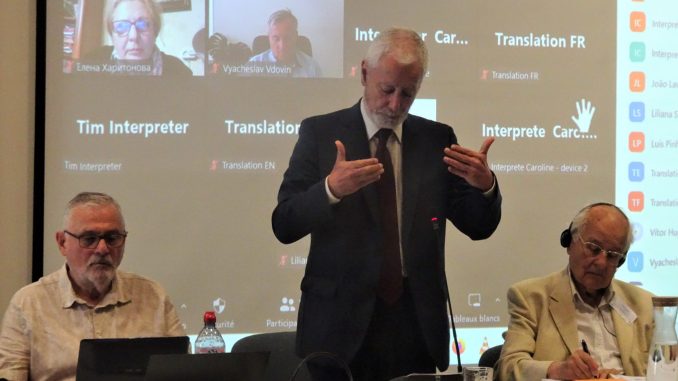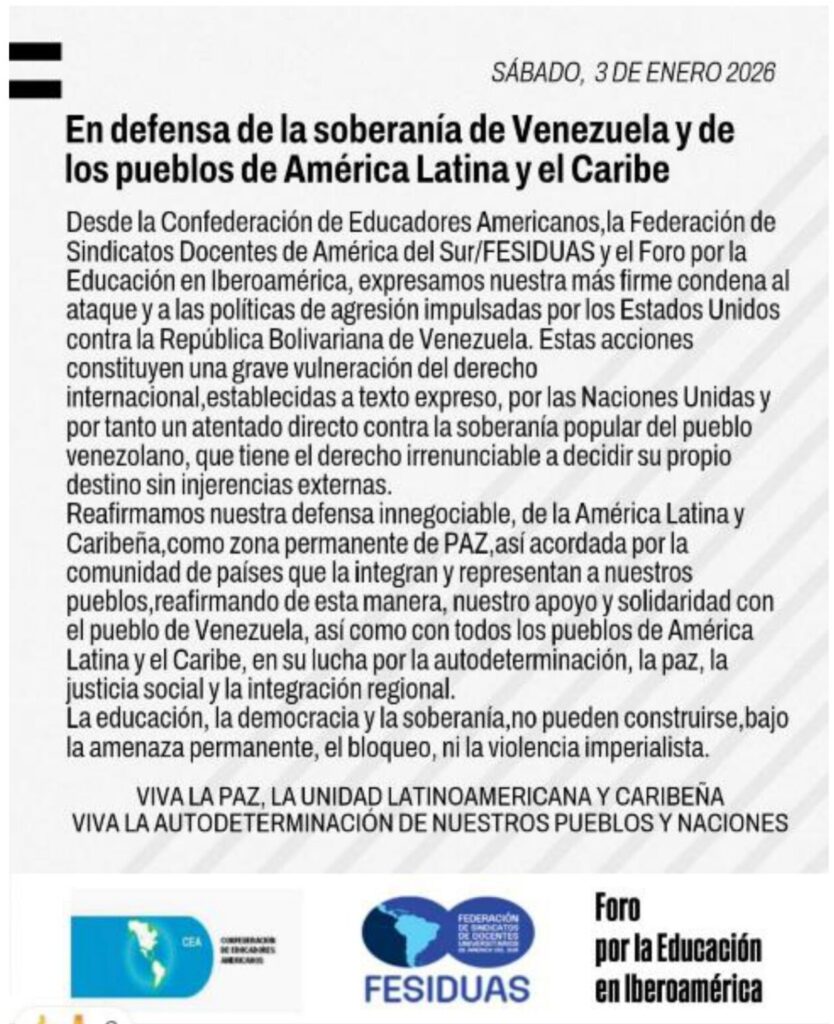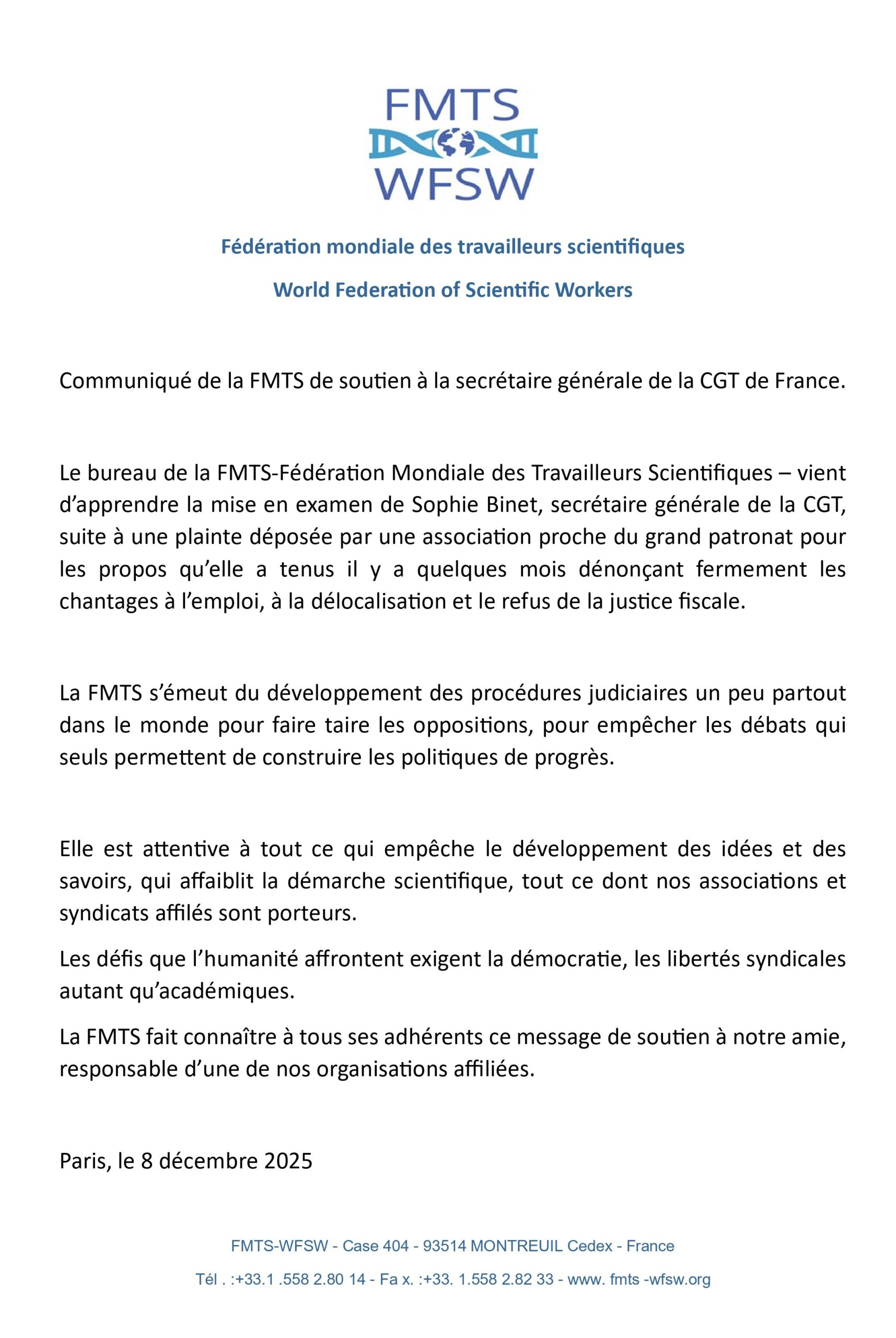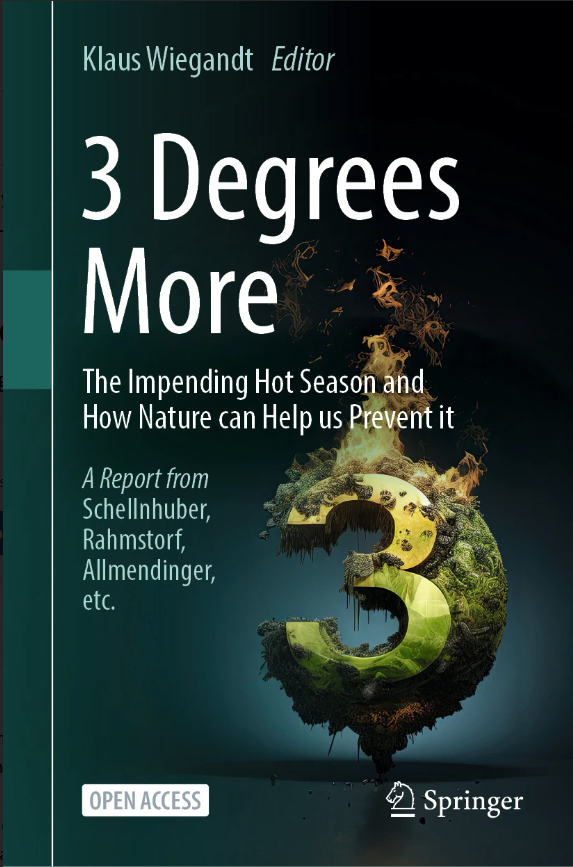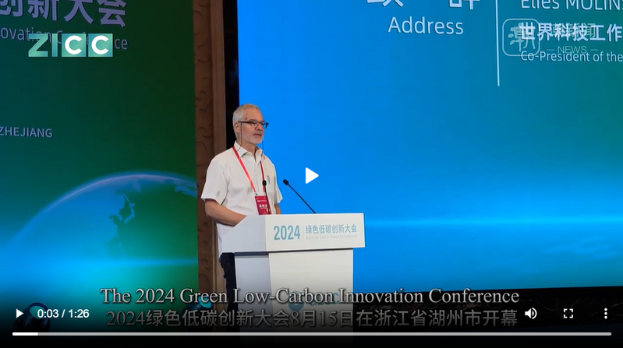Évora 2023: Opening of the Symposium
“Scientific cooperation as driver for peace and sustainable development”
Symposium at the University College “Luis António Verney”
University of Évora, 5th July 2023
OPENING SPEECH
Prof António Sampaio da Nóvoa
Good morning.
It is a great pleasure to participate in this meeting.
Your invitation has to do with my involvement, as Ambassador of Portugal at UNESCO, in the Recommendation on Open Science, approved by the General Conference in November 2021.
It is not my intention to talk about this Recommendation, but rather to use it to highlight some points that are missing in the scientific and university debate.
On the one hand, the Open Science agenda allows us to draw attention to the importance of science, and of a shared science, in a time of so much negationism. To draw attention to the importance of scientific communication, of scientific culture, in order to contribute to the possibility of a common humanity, of a humanity in common, at peace with the Earth and at peace with the Others.
On the other hand – and this is the point I want to emphasize today – the Open Science agenda draws attention to the need to rebalance forces and tensions in science and universities.
In recent decades, discourses and ideologies defined by three main ideas have become dominant: competitiveness, efficiency, and entrepreneurship.
These ideas influence deeply evaluation metrics, and science funding policies, as well as the ways in which institutions are organized, with a great impact on researchers’ career and work conditions.
Promoting a debate on Open Science is a strategy to value other dimensions and perspectives, trying to rebalance tensions and orientations in science and higher education institutions.
- Competitiveness
Competitiveness dominates science and higher education. It is no longer just a question of assessing quality, but of promoting systematic competition between institutions. We all know the overwhelming influence of metrics and rankings, sometimes absurd, in our daily life.
The struggle for a better place in these rankings pushes institutions to practices that exclude “everything” and “everyone” that cannot be measured by these metrics, leading also to precariousness and exploitation of scientists, namely young scientists, with dramatic consequences for their lives and careers.
The brutal increase, in recent years, of ethically reprehensible behavior, from institutions and researchers, should be a serious warning to all of us. See how “research institutions in Saudi Arabia are gaming global university rankings by encouraging top researchers to change their main affiliations, sometimes in exchange for cash, and often with little obligation to do meaningful work”. It is not an unusual situation, but rather a current practice in the world.
Looking at Open Science helps us to counter competitiveness with an effort for democracy and participation. Scientific work cannot be considered merely instrumental to achieve institutional or personal objectives, but must be based on democratic and participatory processes, including young scientists, and also women scientists, who are often excluded from institutional decisions. Their participation in decision-making and contribution to democracy – as stated in the program of this event – is crucial.
In this balance between competitiveness and participation, it is urgent to reinforce the pole of participation, at the risk of losing central dimensions of science.
- Efficiency
The second dominant idea is efficiency. Usually, this idea is accompanied by a managerial and privatizing approach. Efficiency almost always rhymes with managerialism or with private methods for the government of public institutions.
Of course, the two ideas – competitiveness and efficiency – intersect to construct a discourse that question the public. It is curious to note that all influential rankings are produced by private companies.
Efficiency goes hand in hand with commercialization tendencies, in higher education and in science. The two most heavily funded science fields are the military and health, where a large part of the world’s commercial interests is concentrated.
Bringing the Open Science agenda is a way of reinforcing public dimensions, public science, citizen science. It is about balancing private approaches with a reinforcement of the public. Science, like the university, is not intended to provide services to clients, but rather to create a public, to create publics.
A large part of the attacks on academic freedom come from bureaucratic and authoritarian ways of governing institutions. But another part, equally important, comes from the obligation to align scientific work with profitability and commercialization tendencies, or otherwise scientists will be dismissed or disqualified.
Commercialization is necessary, but “after”, that is after the scientific work, if that proves to be beneficial. What we must fight is a commercialized science. In this sense, it is urgent to reinforce the public pole to rebalance the equilibrium between efficiency (and commercialization) and the public, so that central dimensions of science are not lost.
- Entrepreneurship
Finally, the third dominant and popular idea is entrepreneurship. Obviously, in its literal meaning, of risk and innovation, entrepreneurship is an important initiative.
But frequently, entrepreneurship tends to function as a tendency that expels fundamental, basic science, and above all the humanities and social sciences.
Perhaps it is worth looking at the words of the President of CALTECH, one of the great universities in the world, recognized for its quality and innovation. He says: we are professors, researchers, we are not managers, nor entrepreneurs, nor business promoters. “Nobody comes to CALTECH saying ‘I want to create a company’. People come here to enjoy a stimulating, open, interdisciplinary environment – to do basic research. If there are discoveries that have application, that is a side benefit”.
Yes, “truly radical innovation needs patient, continuous, long-term work…”, needs to welcome and cultivate science, without expecting immediate results, without a utilitarian gaze.
After science, if this proves to be useful and beneficial, it is normal to have technological and other developments of a business nature. But it is another phase, another moment. To be useful, universities and science centers need to be different, to assert their difference rather than imitating business models.
Also here, bringing up the Open Science agenda it is a way of balancing entrepreneurship with “slow science”, to use the terms of a well-known manifesto, promoted by Isabelle Stengers and others. There is no science if we do not give time to time.
* * * * *
In short: I intended to argue for the need to rebalance forces and tensions in the scientific and university world.
Between competitiveness and participation. Between efficiency and the public. Between entrepreneurship and slow science. I might have chosen other terms, but these are enough to make my point.
Much of what I tried to convey is illustrated by Nuccio Ordine, an Italian philosopher that died less than a month ago, to whom I want to pay homage, when he applies Juvenal’s famous phrase to universities:
“With the intention of saving life, universities (and science) are losing their reason for living”.
An identical statement was made last week by Alberto Amaral, former Rector of the University of Porto and for many years President of the Higher Education Assessment and Accreditation Agency, explaining the need to defend the soul of universities at all costs:
“The university must be protected from movements that want to transform it into an instrument of capitalist society, a mere tool to train the workforce needed by companies, reduced from a social institution to an organization providing services”.
“The rhetoric of the university, which until recently was based on scientific quality and academic freedom, is being replaced by one of management and efficiency. The result is a decrease in academic freedom and a reduction in critical thinking”.
The words of Nuccio Ordine and Alberto Amaral allow me to move towards the end of my presentation, continuing to resort to the Open Science agenda, as a pretext to underline the importance of a science aligned with human rights.
This year 2023 marks the seventy-fifth anniversary of the Universal Declaration of Human Rights. It is a good time to foster a human-rights approach as advocated in the Open Science Recommendation.
I am referring to the Rights included in the 1948 Declaration. Obviously. There are so many of these Rights yet to be fulfilled, and so many regressions, especially with regard to democracy and freedom, and social rights.
But what I want to highlight, briefly, are six Rights that need a new look on our part, on the part of science.
First
The rights of the Planet, earth and ocean. Without climate justice there is no future. We need, even if the phrase seems strange, a new humanism that is more than human. Science has a remarkable history of alerts and warnings, and has been able to awaken public awareness, namely to degrowth programs, but it has not been able to influence public policies as much as it would be necessary.
Second
Digital rights, with public infrastructures and universal access, which is nowadays a condition of citizenship. And also raising the awareness of the tremendous dangers of a digital in the hands of oligopolies that are defining the world or in the hands of dictatorships much more effective and fearsome than in the past.
Third
The rights of people, of all people, to live according to their orientations (sexual, gender, or otherwise…), as well as the rights of communities to their cultures, forms of knowledge and languages. Science played a fundamental role, also at UNESCO, thanks to Claude Lévy-Strauss, in denouncing racial discrimination. Today, science is asked to play the same role in promoting a convivial society.
Fourth
The new labor rights at a time of acceleration of automation processes that, most likely, will leave a large percentage of humans without work. How to think about the future of work and workers, with humanism and dignity? What can be done by science and technology?
Fifth
The rights of migrants, the rights of movement and mobility, the rights of everyone to aspire to a better life, without the rigidity of borders that kill and discriminate, assuming also the responsibility for historic reparations in relation to dominated and enslaved peoples.
Sixth
The rights of all generations in a time of profound demographic revolution, with life expectancy reaching 100 years in a few decades. The cohabitation of four or five generations living simultaneously in the same space-time is undoubtedly the greatest transformation we will witness in the 21st century. We need a science capable of thinking about this unprecedented reality.
The list could go on, but I think these points are enough to illustrate how the Open Science agenda – where these themes are present – can be useful in endorsing human rights issues.
This is also why we need more scientific cooperation North-South, but also South-South. Education indicators continue to be those that best explain individual differences. But science indicators are those that best explain, and predict, inequalities between countries and regions.
It is necessary to think of science as a global common good, another topic on the Open Science agenda, as became clear during the pandemic.
When he received the Nobel Prize, José Saramago recalled that the fiftieth anniversary of the Declaration of Human Rights was celebrated on that day. And he said:
“Let us think that no human rights will exist without symmetry of the duties that correspond to them. (…) With the same vehemence as when we demanded our rights, let us demand responsibility over our duties. Perhaps the world could turn a little better”.
What is science for? Modestly, to turn the world a little better. With peace and sustainable development. Science is today one of the few, if not the only, common language that we still have to try to build a peaceful world, a common humanity.
This is why your action as scientific workers is so important. That is why it was a great pleasure for me to be here with you today. Thank you very much.
António. S. Nóvoa
5 de Julho de 2023
Portuguese version: ÉVORA 2023: ABERTURA DO SIMPÓSIO – OTC
Open Science by Prof António Sampaio da Nóvoa:

